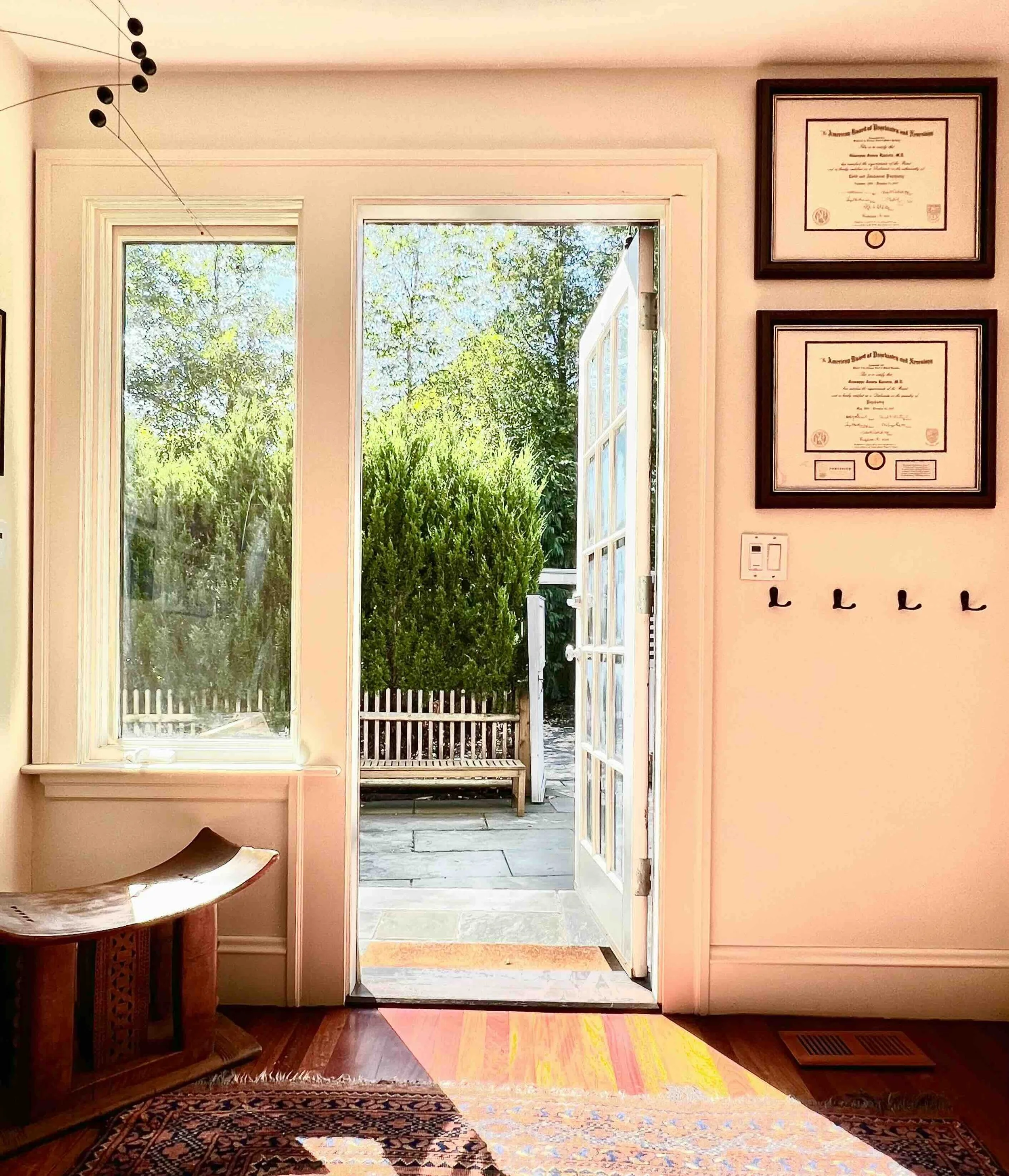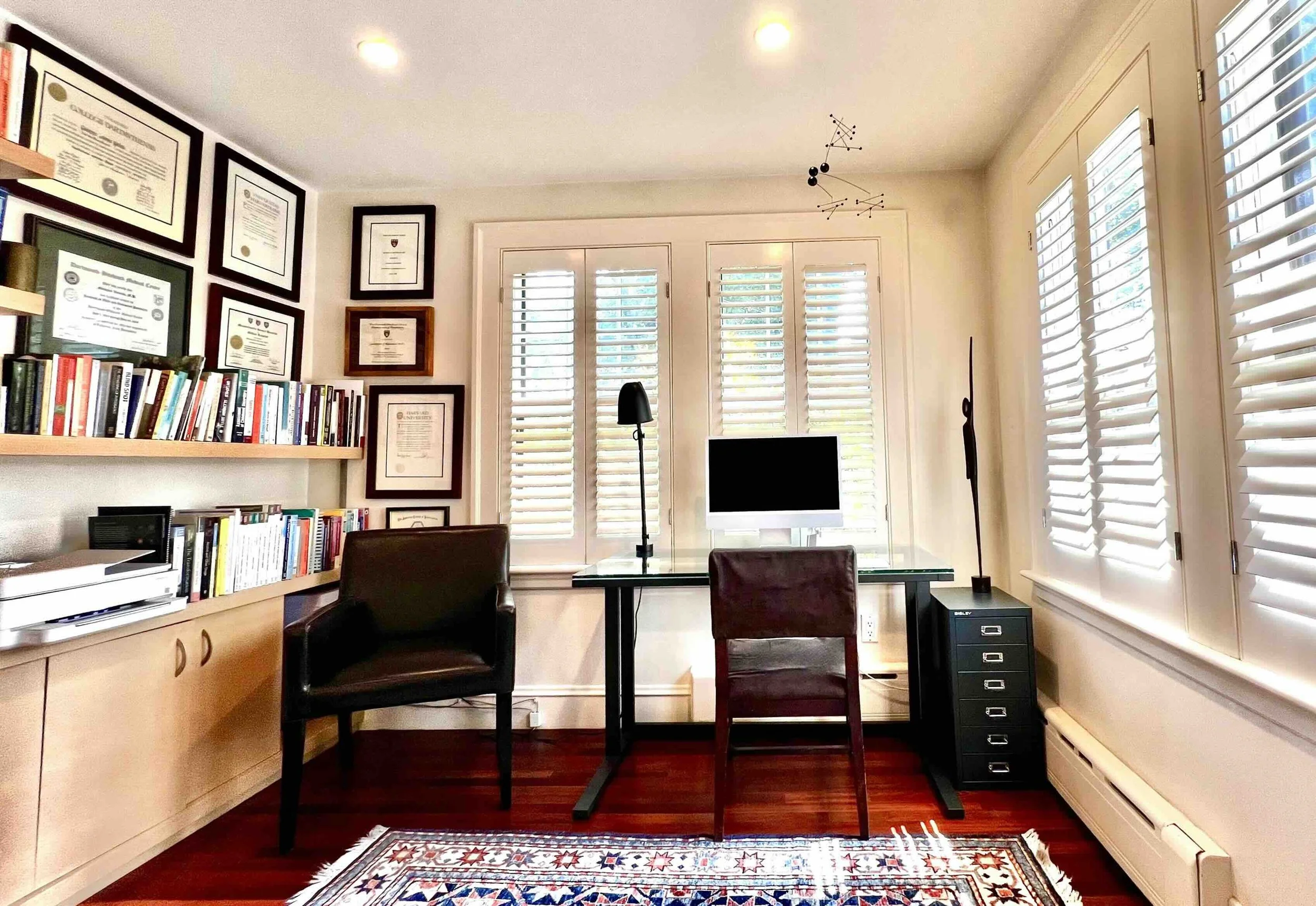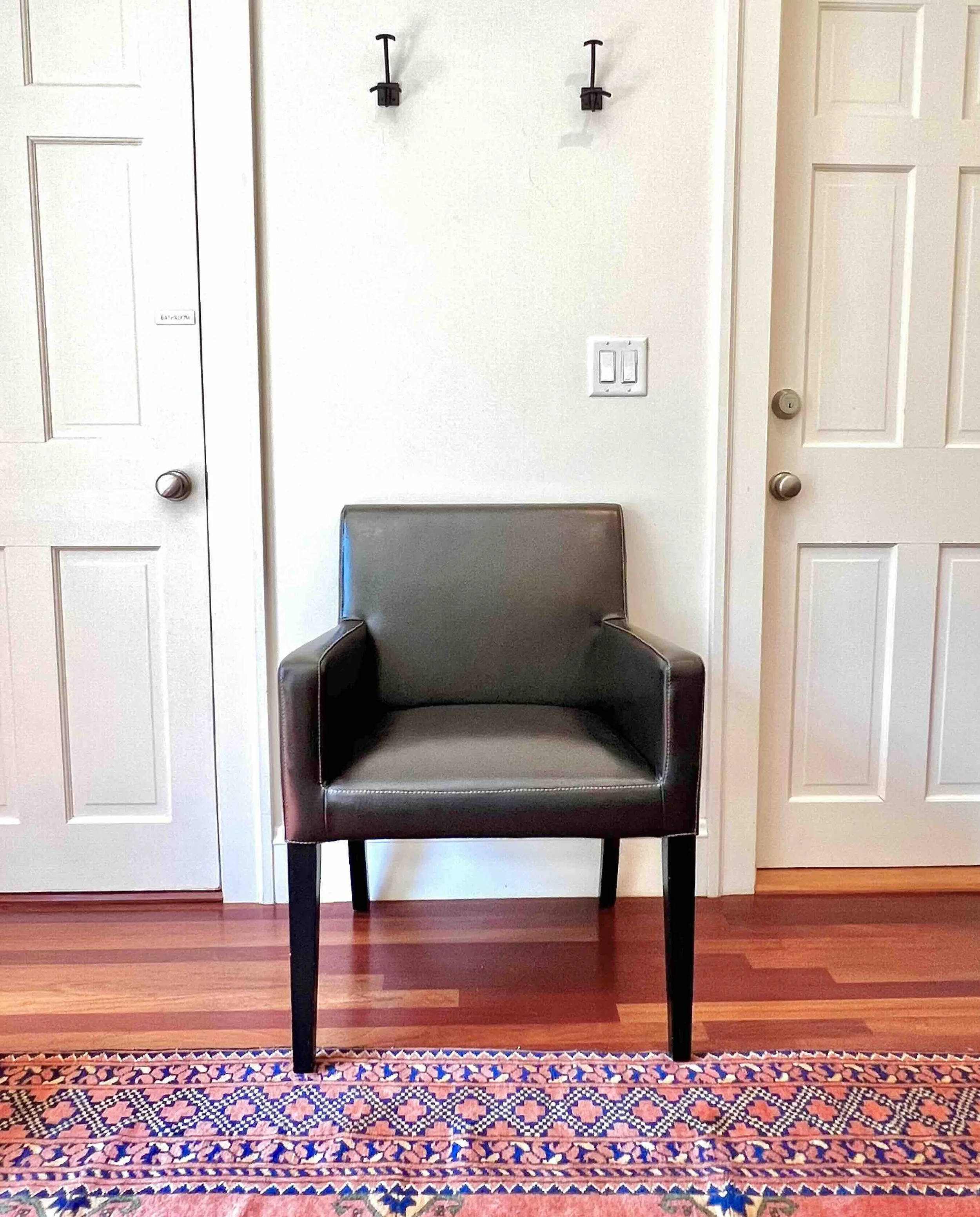
Clinical Practice
Clinical Practice & Consultation in Psychiatry
The clinical care I provide includes diagnostic evaluation, psychotherapy, medication management, psychotherapy with medication, clinical consultation and second opinion, and school consultation. My clinical practice is based in the Boston metro area.
I refer to the most updated clinical practice guidelines in psychiatry. When I have questions on complex clinical presentations I refer to scientifically based, peer-reviewed resources, and I also consult with other experts. I am careful about the use of AI to gather medical information, and to inform care. I do not provide neuropsychological testing.
I schedule appointments on weekday evenings and can meet in person or online. I do not contract with insurance companies directly. I accept payment for services directly from patients, and on request can provide a receipt with the required information to submit forms for out of network reimbursement to your health insurance provider. Upon scheduling a first appointment I provide more detailed information regarding my usual practices for appointments, billing, insurance, missed appointments, emergencies, use of e-mail and texting, a good faith cost estimate prior to initiating care, and directions to my office if we meet in person.
Diagnostic evaluation
The foundation of helpful treatment is a thorough evaluation starting with a person’s own sense of the problem. This leads to a clear clinical formulation, and person-centered recommendations for treatment. Meeting for the first time, a medical, psychological and social history enables us to come to a possible diagnosis and to develop an evidence-based treatment plan. This meeting is helpful to rule out any diagnosis, and to develop a set of recommendations that prioritize the person’s sense of the problem and what they hope to accomplish in treatment. “Goodness of fit” for potential establishment of a therapeutic relationship is also discussed, with attention to ensuring that care is with the “right person,” in the “right place,” and at the “right time.” After initial evaluation, follow-up may involve therapy and/or medication management. Typically two hours, this can be in-person or online.
Therapy
Trained in psychodynamic psychotherapy, with particular attention to the quality of the relationship with the patient, I integrate additional psychotherapeutic and supportive modalities into my practice. Therapy is designed for individuals to process and explore their thoughts and feelings, change their thoughts and behaviors, and explore their motivations and a deeper sense of self. As mental health – encompassing flourishing, strengths, problems and disorders – looks differently for each of us, I seek to understand each person uniquely and support their optimal functioning. Typically 50 minutes in length, meetings are weekly or every other week and can be in-person or online.
Medication management
Medications for mental health problems often work well and alleviate symptoms, in addition to therapy. They require a cautious approach and frequent review. Medication should be initiated only if the benefits of medication are felt by the patient and the physician to outweigh the risks of medication for a particular problem. The patient is provided with information in an ongoing way to make informed decisions about whether to continue medication or to stop medication. Following the diagnostic evaluation and the starting of a medication, appointments are typically 25 minutes in length and scheduled every other week, then less frequently as symptoms improve and potential side effects are monitored. Appointments can be in-person or online.
Clinical consultation and second opinion
Following a diagnostic evaluation, several additional appointments can help in the articulation of a truly comprehensive treatment plan that engages multiple clinical experts for a range of problems. Consultation may also support clarification of ongoing challenges in current treatment, with the development of updated recommendations. Appointments can be in-person or online.
School consultation
Consultation to both public and private schools has been an aspect of my practice for fifteen years. This includes consultation to school administration on strengthening of mental health services, supervision of school staff in supporting student mental health needs, training in psychological first aid, and referrals for evaluation.





